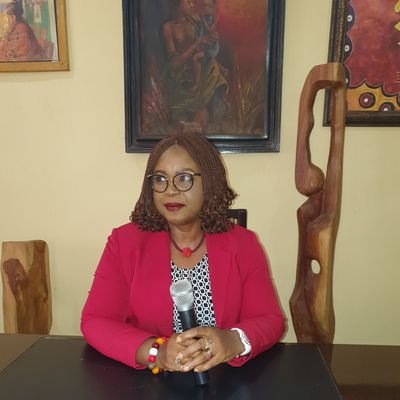
|
Getting your Trinity Audio player ready...
|
Nigerian legal scholar and human rights advocate Prof. Joy N. Ezeilo (SAN, OON) has raised concerns about why the University of Nigeria, Nsukka (UNN), has never had a female Vice Chancellor in its 64-year history.
Prof. Joy, former Dean of the Faculty of Law at UNN and founder of WACOL Tamar SARC, made the remarks in a post on X shortly after the university’s Governing Council announced the appointment of a new VC.
“The race for the VC of the University of Nigeria, Nsukka, has ended. However, the question remains: when will it be our turn to showcase transformational female leadership? We had five manifestly qualified women in that race: 64 years and counting, no female VC for our great alma mater,” she wrote.
Prof. Joy had applied for the position and attended the interview stage, confident in her qualifications and vision for the university’s future.
Her post has since sparked strong reactions online, with many women expressing frustration over the university’s history of male-dominated leadership.
X user @Deedii02 commented:
“65 years of a school’s existence, and men want to tell me that no woman has ever been qualified to be VC. No one is concerned that for 65 years, half of the population never saw someone like them at the helm in UNN.”
Dr. Oluwatoyin added that leadership is deeply connected to gender, both within Nigeria and beyond. She stated:
“The chosen person is likely qualified just as Prof. Ezeilo; however, his gender gave him an advantage. The deeply ingrained bias against women is usually revealed with recurring outcomes like this.”
Similarly, @deltanmuslimah defended the professor’s track record:
“Prof. is a SAN, Life Bencher, former Dean of UNN Faculty of Law, has worked with the UN, and so much more. Don’t reduce her lived experiences to ‘entitlement’ because she’s a woman. She knows exactly what she’s talking about. She didn’t get to where she is by being ‘entitled’.”





